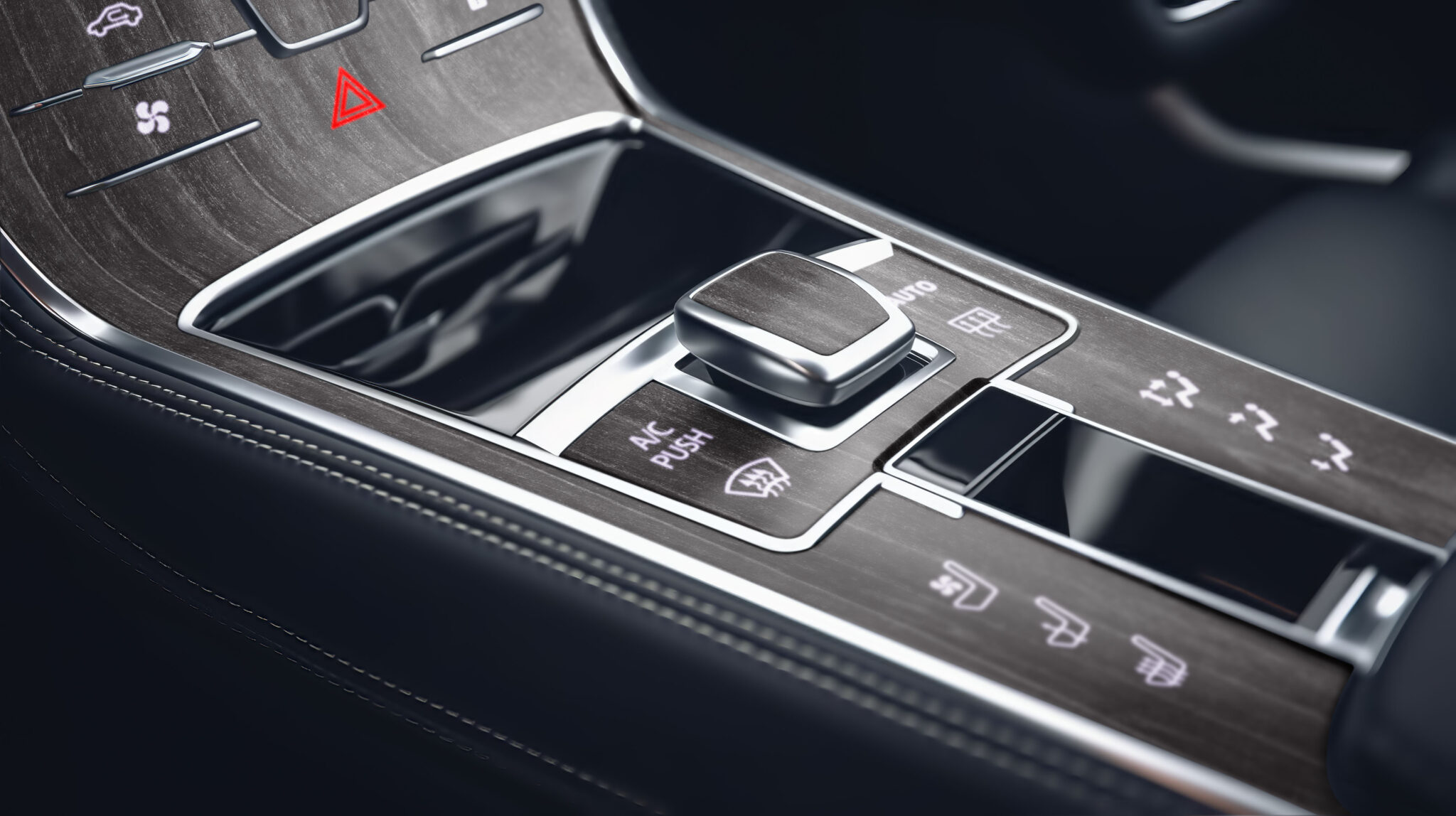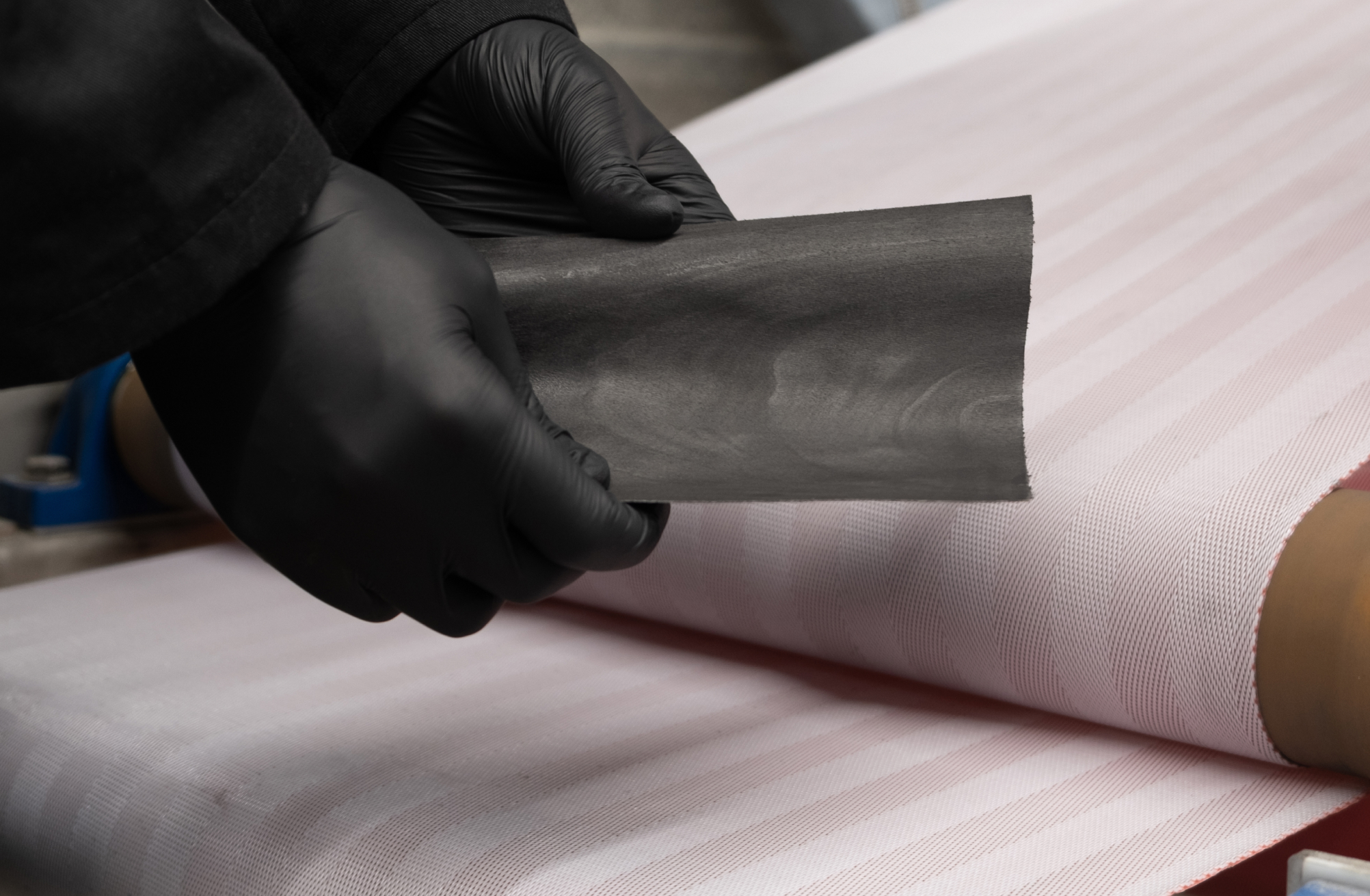Udu, a startup that works on alternative materials for various industries, has raised $31 million. The company produces composite materials based on wood to replace conventional materials such as glass, leather and metal.
About 2/3 of the funds raised came from an equity financing round led by Low Carbon Capital's Chris Zucker, with participation from One Creation, Purple and various angel investors. Loans and contributions account for one-third of the total.
Timothy Boitus, founder and CEO of Udu, is an engineer by training. He started his career in many famous architecture firms. Among other things, he worked at Stamford Bridge, the Paris Longchamp tournament and the Rolex Training Center in Lausanne.
As is the case with large projects, the Boituzet architecture firm is betting big on glass and steel. But he began to think about low-carbon and high-performance materials that could replace the building materials of the 20th century.
Would a tree be a suitable candidate? While it's plentiful, affordable and naturally absorbs carbon, "it burns, it rots, and you can't build very tall buildings because they're not very strong," Boitos says.
In short, wood-based materials become a suitable alternative to traditional materials in order to overcome this shortcoming.
"A tree is made of three components. All wood problems are caused by lignin, which is the glue between the wood fibers. It is removed and replaced with a binder that creates strong molecular bonds. This makes the wood completely passive to the environment," says Boitujet.
The wood is soaked in various liquids to loosen and extract the lignin. The result is that combined with fillers, "the whole is greater than the sum of the parts," Botts says.
After five years of research and development, the company has applied for 50 patents and developed three different materials. Woodoo Slim is a transparent wooden touch panel used for dashboards and touch buttons in cars. It is much easier than glass.

Examples of voodoo materials used in car interiors. Image credit : Voodoo
The second material is an alternative to leather. It is a flexible material that contains some common wood design elements. It has great potential in the fashion and luxury industry because it is made from animal-free leather and has a very low carbon footprint. Surprisingly, it does not require much water to prepare it.

Leather substitute for wood. Image credit : Voodoo
The third material is a light weight but strong structural material that can be used in the construction industry. Ideally, construction companies can use this material as an alternative to steel.
Wood already has two production sites for the production of these materials, mainly focusing on three vertical sectors: luxury goods, automotive and construction.
In terms of the supply chain, the wood relies on wood from common trees such as poplar. Although the company is based in Paris, Oude established its first industrial site near Troyes because the area of Troyes is one of the largest poplar growing regions in Europe.
"Either they don't use it, or they use energy wood or very low-value materials," Botts says. But these are very fast growing species, so they store a lot of CO2 .
With today's funding, the company hopes to double its existing products and industries. “What has made this major funding round possible is that, until now, we have been able to support ourselves without external funding. I've spent a lot of personal money, we've received 44 innovation awards and of course we sell products to customers,” Boitujet said.
Odudu has signed contracts with luxury brands (LVMH), automotive brands (Volkswagen and Mercedes) and recently closed its first contract in the construction sector (Guernica). And with the new cash in the bank account, Udu can now ramp up production and make his vision a reality.



